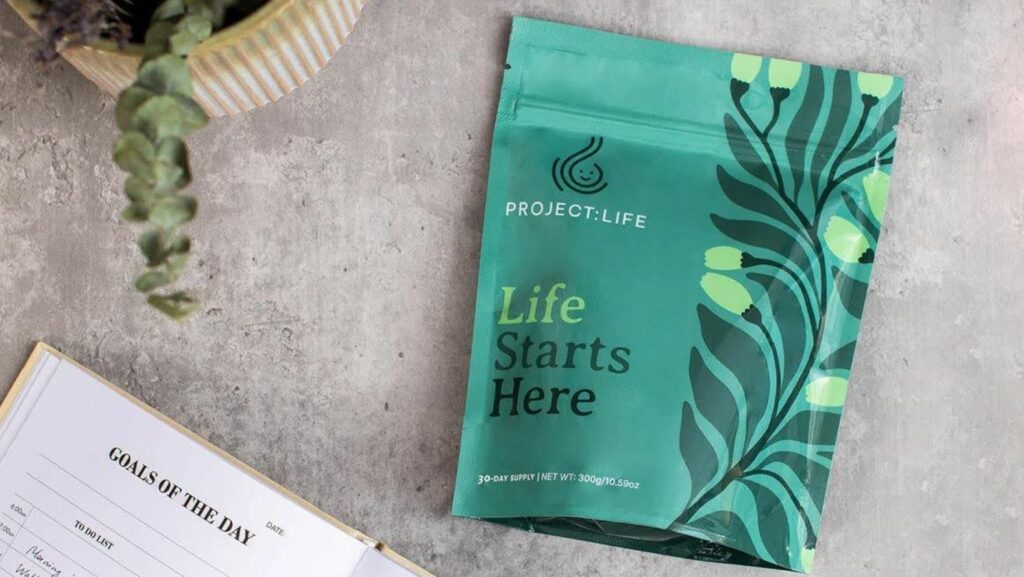Infertility Beyond the Physical
Infertility is more than a medical condition. It affects identity, relationships, and mental health. The World Health Organization reports that one in six adults worldwide will experience infertility. That number highlights the scale, but it doesn’t show the weight it puts on people’s lives.
Couples often describe the experience as isolating. Friends and family may not understand. Social media and everyday conversations can make the pain sharper. What should feel like a private struggle becomes a constant reminder of what’s missing.
The Hidden Emotional Costs
The emotional impact of infertility is often underestimated. Studies show that women dealing with infertility experience levels of stress and depression similar to patients with cancer or heart disease. Men are not immune. They often feel pressure to be “the strong one” while carrying their own grief and frustration.
One woman described how each month became a cycle of hope and heartbreak. “I stopped making plans around holidays,” she said. “Every year I thought I’d be pregnant by Christmas. By the third year, I couldn’t face it anymore.”
These stories highlight the deep toll infertility takes. The cost is not just money spent on treatments. It’s the loss of peace of mind, the strain on relationships, and the erosion of self-confidence.
Why Hope Matters
Hope is not just a nice feeling—it’s a key part of resilience. Without it, people often abandon treatments or give up on building a family altogether. Restoring hope means restoring energy to keep moving forward.
Research backs this up. A study in Human Reproduction found that women who felt emotionally supported during treatment were more likely to continue with care, and those who continued were more likely to achieve pregnancy.
A Holistic Approach to Healing
Holistic approaches focus on the whole person, not just the reproductive organs. They combine physical, emotional, and lifestyle care to create balance. This model recognises that health and fertility are linked to stress, sleep, diet, and mental well-being.
Project Life, a Toronto-based fertility company, has built its mission around this philosophy. Co-founder Selina explained, “We had a client who came in after multiple failed IVF cycles. She was exhausted and ready to give up. We didn’t just hand her herbs. We worked on her sleep, her stress, and her cycles. Within months, she felt like herself again. Pregnancy came later, but the first success was restoring her hope.”
This kind of story shows how addressing the whole person can shift the experience from despair to possibility.
Tools for Restoring Hope
Stress Management
Stress is one of the biggest barriers to fertility. High cortisol levels disrupt hormones and cycles. Even simple tools like daily walks, breathing exercises, or journaling can help. Small, consistent actions matter.
Sleep and Rest
Many people ignore sleep as a factor in fertility. Yet poor sleep impacts hormone regulation. Building healthy routines—like turning off screens before bed or keeping a consistent schedule—supports both mental health and reproductive health.
Nutrition and Balance
What you eat affects how your body functions. Diets heavy in processed foods or sugar can disrupt hormones. A balanced diet with whole grains, lean proteins, and fresh produce creates stability and energy.
Emotional Support
Therapy, support groups, or even one trusted friend can reduce feelings of isolation. Talking openly removes the shame many couples carry in silence.
Personalised Care
Tailored approaches, such as herbal formulations or acupuncture, can address specific issues like irregular cycles, low sperm motility, or hormonal imbalances. These solutions feel more empowering than generic advice.
Stories of Change
One man shared his experience of low sperm count. He described feeling ashamed and hiding it from friends. After starting a personalised plan that included diet changes and targeted herbs, his test results improved within months. He said the biggest difference was not the numbers but the relief of knowing he had options.
Another couple reported that focusing on emotional health changed everything. They scheduled weekly “no baby talk” nights to protect their relationship. “We had lost ourselves in the process,” the wife explained. “Taking that time gave us space to laugh again.”

These stories show that hope often returns when people feel they are doing something proactive for themselves, not just waiting for a treatment to work.
Actionable Recommendations
Track More Than Fertility
Don’t just chart ovulation. Record sleep patterns, stress levels, and moods. These details help identify triggers and patterns.
Set Boundaries
Infertility often invites unwanted questions. Practice responses that protect your privacy and reduce emotional strain.
Include Both Partners
Male fertility is part of the picture in nearly half of cases. Shared responsibility helps both partners feel included and supported.
Celebrate Small Wins
Focus on progress, not just pregnancy. Improved cycles, better sleep, or lower stress are all signs of moving in the right direction.
Seek Holistic Support
Look for providers who consider your whole health, not just lab results. Personalised plans often provide relief where standard protocols fall short.
Why This Approach Works
The emotional toll of infertility is heavy, but holistic care offers tools to lighten the load. It provides structure, clarity, and practical steps that restore confidence.
Most importantly, it reframes the journey. Instead of being defined by what hasn’t worked, it becomes a process of rebuilding health and balance. That shift alone can reignite hope.
As Selina from Project Life explained, “Pregnancy is the goal, but healing is the path. When people feel better in their bodies and minds, they’re already winning back control.”
Final Thoughts
Infertility is not just about science. It’s about human experience—grief, resilience, and the search for hope. Conventional treatments address the biology. Holistic approaches address the person.
For many, the difference is profound. By focusing on emotional well-being, lifestyle shifts, and personalised care, people can restore not just their fertility but their sense of self. And sometimes, that renewed hope is the breakthrough that makes everything else possible.
